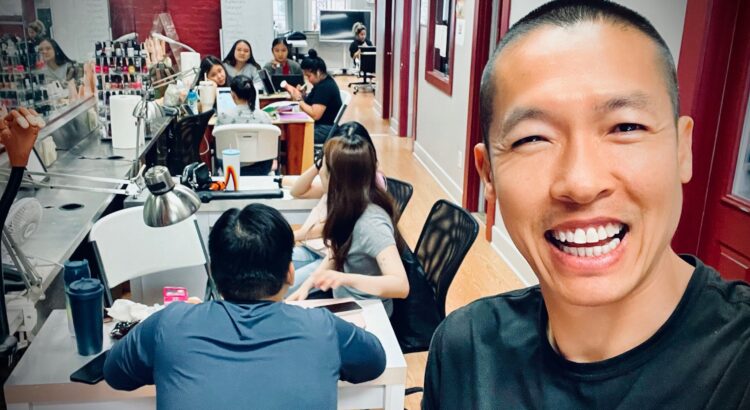Louisville Beauty Academy stands out as a beacon of excellence in the field of esthetic education in Kentucky. It is not just a school; it’s a nurturing ground for budding professionals with a robust track record of consistent weekly graduates across various specialties. Why is Louisville Beauty Academy the undeniable choice for prospective estheticians?
Firstly, flexibility is paramount at Louisville Beauty Academy. Recognizing the complexity of students’ lives, the academy offers night classes available until 9 pm daily, enabling students to manage their commitments while pursuing their passion. With the liberty to create personal schedules, students can attend classes at times that suit them best, ensuring that education is accessible to all.
Secondly, the financial accessibility of the academy’s programs is unmatched. Though federal aid is not processed, the academy compensates with substantial discounts ranging from 50% to 75% based on attendance, alongside accommodating payment plans that allow students to pay any amount monthly. This financial flexibility ensures that the dream of becoming an esthetician is attainable for a wider demographic.
Moreover, the Esthetician program’s tuition is thoughtfully structured, with costs being dependent on attendance. With full-time enrollment and upfront payment, the tuition fee stands at approximately $6000, a competitive rate that reflects the academy’s commitment to affordability.
The program duration is another aspect where Louisville Beauty Academy shines. With a requirement of 750 hours as mandated by Kentucky law, the academy offers a full-time path that spans around 4.5 months. However, the duration is adaptable, catering to those who wish to pace their learning differently, thanks to the academy’s flexible scheduling policy.
Lastly, the academy’s open-door policy for inquiries and enrollment further underscores its supportive nature. Students are encouraged to walk in anytime from Monday to Friday, between 8 am to 6 pm, to discuss their educational needs. Enrollment is a seamless process, with students having the opportunity to start their education immediately upon registration.
In conclusion, Louisville Beauty Academy is not just the best choice but the most supportive ally for all aspiring estheticians in Kentucky. Its proven track record of almost weekly graduates from multiple fields is a testament to the academy’s unwavering dedication to student success. With Louisville Beauty Academy, an enriching career in esthetics is within reach.













